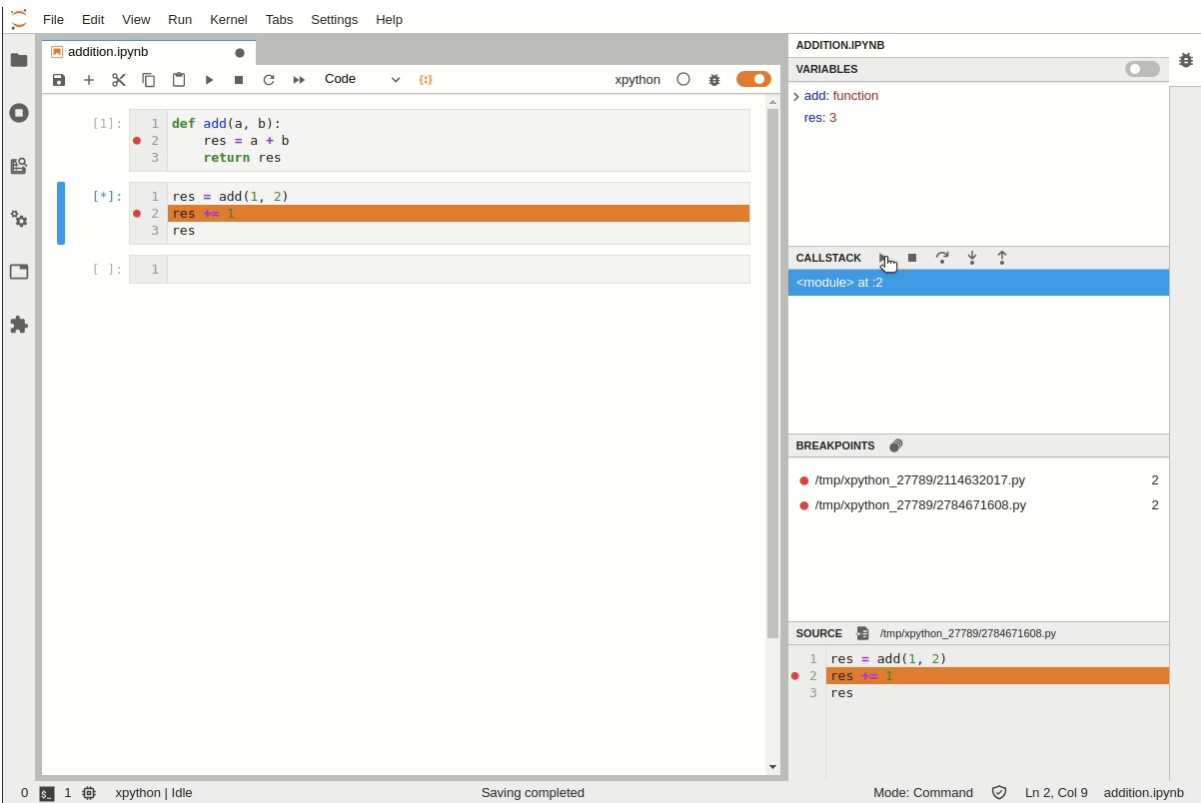| JupyterLab 3 Released |
| Written by Kay Ewbank |
| Monday, 11 January 2021 |
|
A major new version of JupyterLab has been released with new features for users and substantial improvements to the extension system. JupyterLab is a web-based development environment for Jupyter notebooks, code, and data. The project aims to give developers the tools they need for software development tasks such as the refactoring of a large codebase. JupyterLab provides a richer UI than the default Jupyter, including a file browser, text editors, consoles, notebooks, and a rich layout system.
JupyterLab is designed to be flexible, and has a user interface that can be configured to support a wide range of workflows in data science, scientific computing, and machine learning. It is also extensible, enabling developers to write plugins that add new components and integrate with existing ones. Jupyter Notebooks are open source web applications that contain live code and equations along with visualizations and narrative text. One of the main improvements to the new release is the inclusion of a visual debugger that is now shipped by default with JupyterLab. Until now, JupyterLab hasn't included a visual debugger, but this has now been added. The development team says that this is just the first release, but it already lets you set breakpoints in notebook cells and source files, inspect variables, and navigate the call stack.
Another improvement is the inclusion of the table of contents extension. This makes it easy to see and navigate the structure of a document. Support has also been added for multiple display languages, so users can set the display language of the user interface. To enable this, they will need to install the language pack as a separate Python package. The Simple Interface mode (previously known as the Single-Document Mode) has also been updated to have a more streamlined, document-oriented feel. Support for mobile has also greatly improved with a more compact layout. There's also improvements to the development workflow for Extension Authors, and the TypeScript extension cookiecutter has been updated to develop prebuilt extensions by default..
More InformationRelated ArticlesElyra JupyterLab AI Extension Improves Usability .NET Jupyter Notebooks Announced Jupyter Notebook 5 Adds Cell Tagging Jupyter 4 Completed By Release Of IPython 4 To be informed about new articles on I Programmer, sign up for our weekly newsletter, subscribe to the RSS feed and follow us on Twitter, Facebook or Linkedin.
Comments
or email your comment to: comments@i-programmer.info |
| Last Updated ( Monday, 11 January 2021 ) |




